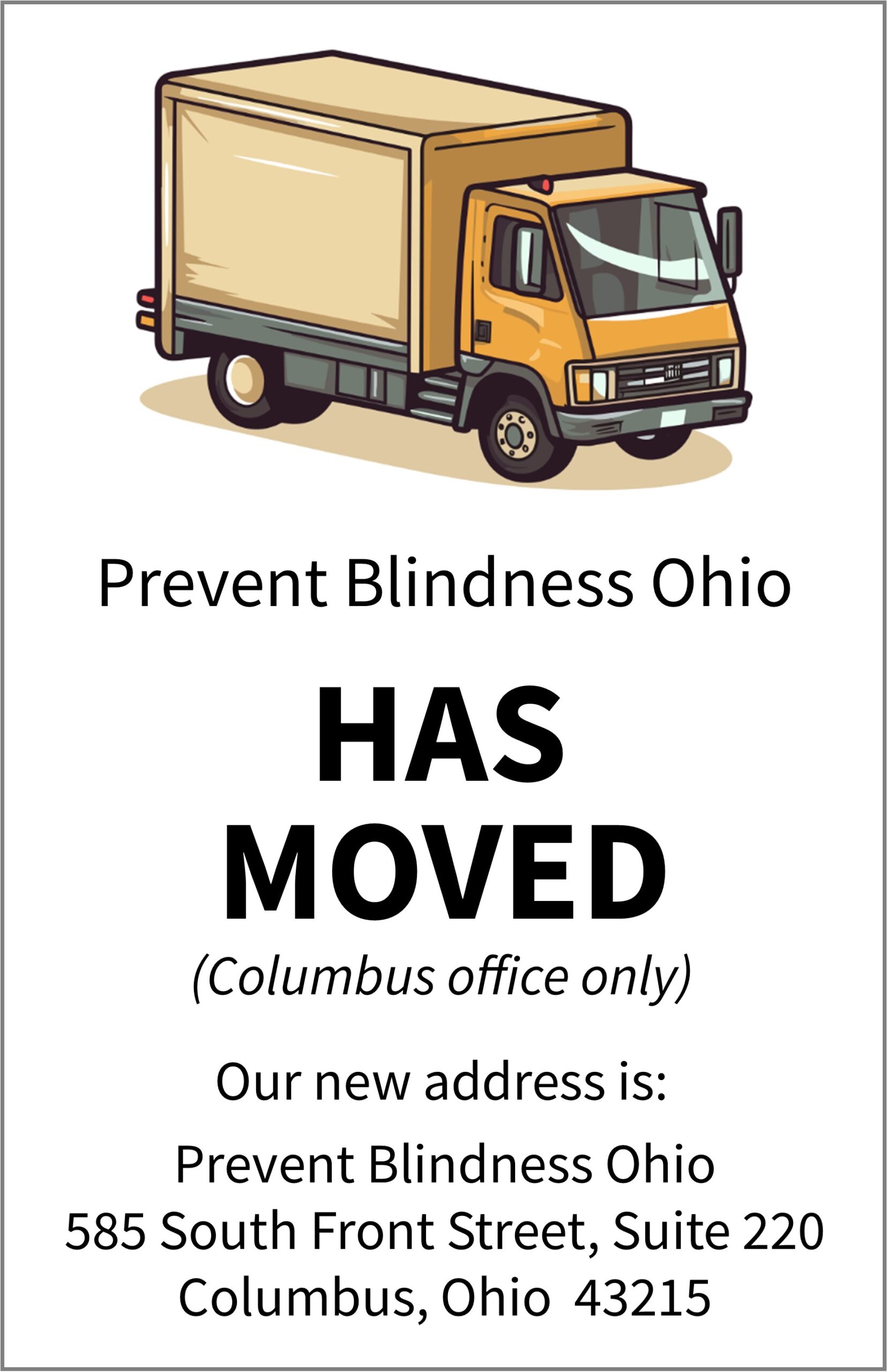Medicare: Medicare is the federal health insurance program for people 65 or older, certain younger people who have disabilities, and people with permanent kidney failure requiring dialysis or a transplant. The different parts of Medicare help cover specific services.
Medicare Part A (Hospital Insurance): Part A helps cover inpatient care in hospitals, including critical access to hospitals, and skilled nursing facilities (not custodial or long-term care). It also helps cover hospice care and some home health care. Beneficiaries must meet certain conditions to get these benefits. Most people do not pay a premium for Part A because they or a spouse already paid for it through their payroll taxes while working. With Medicare Part A – the focus is on medical eye care – not routine vision care.
Medicare Part B (Medical Insurance): Part B helps cover doctors’ services and outpatient care. It also covers some other medical services that Part A does not cover, such as some services from physical and occupational therapists, and some home health care. Part B helps pay for these covered services and medical supplies when they are medically necessary. Most people pay a monthly premium for Part B.
Medicare Part C (Medicare Advantage): A type of Medicare health plan offered by a private company that contracts Medicare. Medicare Advantage Plans provide all your Part A and Part B benefits. Medicare Advantage: Often includes routine vision care and glasses – confirm by checking with specific plan for coverage and participating providers.
Medicare Part D (Prescription Drug Coverage): Medicare prescription drug coverage is available to everyone with Medicare. To get Medicare prescription drug coverage, people must join a plan approved by Medicare that offers Medicare drug coverage. Most people pay a monthly premium for Part D.
Original Medicare: This includes coverage of Medicare Part A and Part B.
Visual Acuity Screening: The purpose of vision screening is to find vision problems in a treatable stage, provide education, and provide a referral to an eye care provider for a comprehensive dilated eye exam (if needed).
Comprehensive Dilated Eye Exam: A comprehensive dilated eye exam provides an evaluation of the visual functioning and health of the eye, can diagnose eye disorders and diseases and prescribe treatment.
Medicaid: May offer full vision care, especially for children and adults with disabilities.
Dual Special Needs Plans (S-SNP): people who are eligible for both Medicare and Medicaid – provides additional benefits like vision, dental, hearing and transportation beyond Original Medicare to help lower out-of-pocket costs.
Vision Insurance: specialized insurance coverage to help manage the costs of eye-related services. May cover routine eye care and eye wear, does not typically cover surgery or diagnosed vision conditions. Vision Insurance can be bought separately from other insurance including traditional Medicare.
Vision Prescription: following an eye examination the eye care provider should give a written prescription for glasses that can be taken to any place that makes glasses
Prescription Expiration Date: Vision prescriptions do expire. Glasses can be made for up to 2 years from the date of the written prescription. Check with the eye care provider to confirm if they recommend an updated examination.


